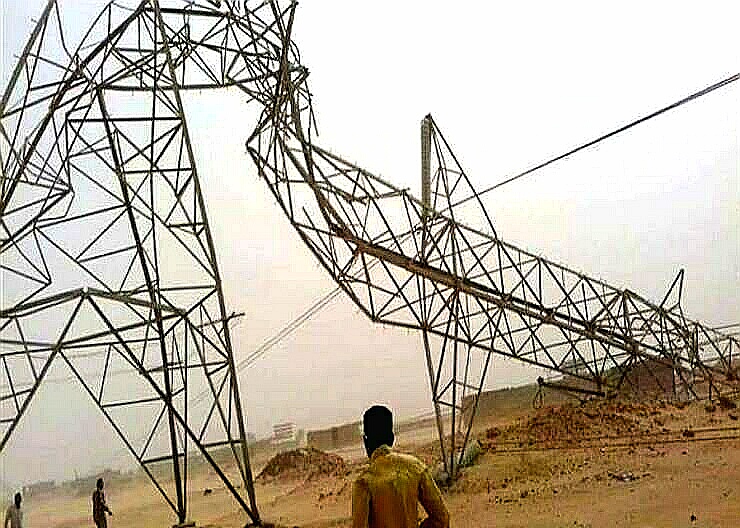Egyptian authorities have begun to dispose of the dangerous materials in their ports after the massive explosion that rocked the port of Beirut earlier this month.
The Egyptian Minister of Finance, Mohamed Maait, said, “What happened in Beirut made us review ourselves and we actually got rid of large quantities of stagnant, neglected and dangerous materials in the ports.” He added, “There are materials that have been handed over to multiple ministries, including petroleum, defence, and interior.” He pledged to completely clean the Egyptian ports of all stagnant, neglected, and dangerous materials by December. The minister indicated that new customs procedures would also improve controls at ports.
A few days after the Beirut port explosion, the Egyptian Ministry of Civil Aviation said it had ordered a review of materials in airports and the transfer of any dangerous goods to safe storage areas. The Beirut Port explosion, which occurred on August 4, was caused by more than 2,000 tonnes of ammonium nitrate stored without safety measures, killing more than 170 people and wreaking destruction in large parts of the Lebanese capital.




Recent Comments